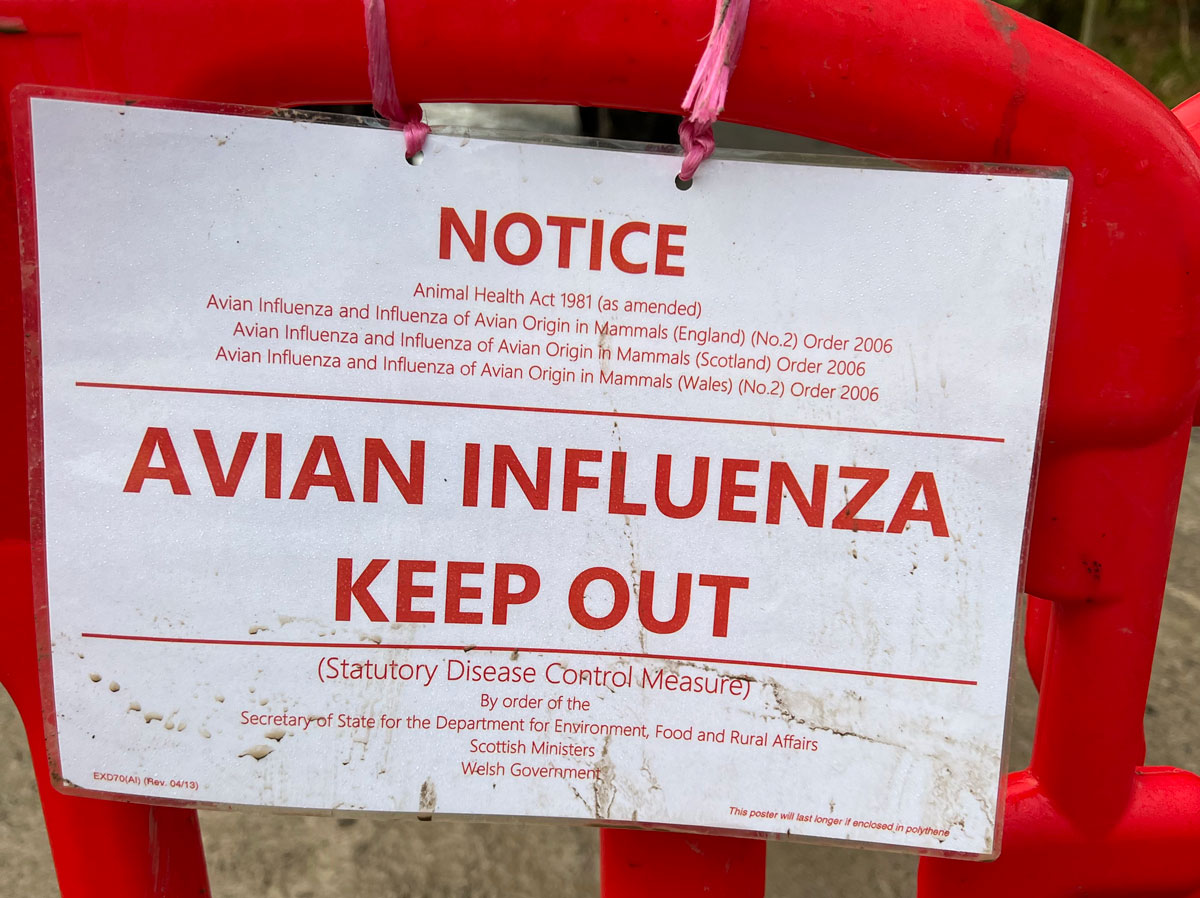
Highly pathogenic avian influenza has been confirmed in a free range flock on a farm in East Yorkshire, making it the first bird flu case of the season.
All 24,000 birds on the infected premises will be humanely culled, Defra said on Wednesday (6 November), adding that the virus strand was H5N5.
A 3km protection zone and 10km surveillance zone has also been put in place around the Hornsea farm.
In line with World Organisation for Animal Health rules, it means Britain is no longer free from avian influenza, having just declared freedom from it in March.
However, Northern Ireland continues to have self-declared zonal freedom from highly pathogenic avian influenza.
UK chief veterinary officer, Christine Middlemiss, said bird keepers must remain alert for any signs of disease and report suspected disease immediately.
"Immediate steps have been taken to limit the risk of the disease spreading and all remaining poultry at the farm will be humanly culled," she added.
“The UK Health Security Agency (UKHSA) has confirmed that the risk to the general public’s health is very low, and the Food Standards Agency (FSA) has said that bird flu does not pose a food safety risk for UK consumers.
“Winter is a greater risk period for avian influenza and this case demonstrates that, now is the time if you are a bird keeper to ensure you have very robust biosecurity."
The government has also raised the avian influenza risk level in wild birds, from medium to high.
The risk level in poultry where good biosecurity is consistently applied at all times has increased from very low to low with low uncertainty.
And where there is suboptimal or poor biosecurity, it remains assessed as low but is heightened with high uncertainty.
It comes as bird keepers in England and Wales - including those with just one bird - were told to sign up to the government's new compulsory register.
The new measure came into effect from 1 October in order to better protect the poultry sector from future avian influenza outbreaks, as well as other diseases.
In Scotland, bird keepers have until 1 December to register their details with the Scottish government.
